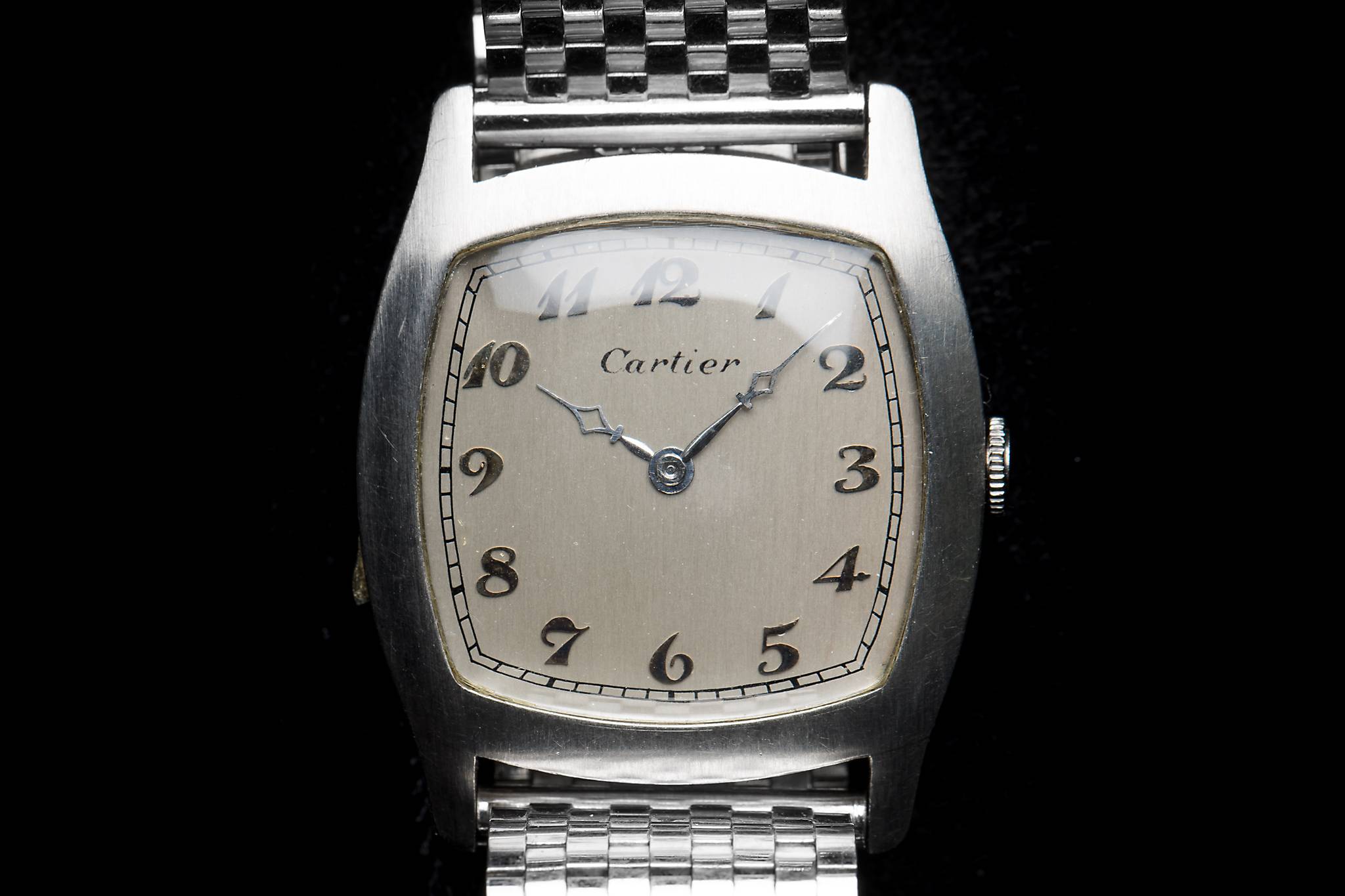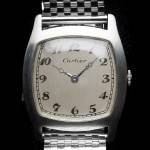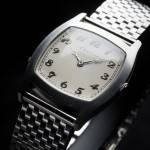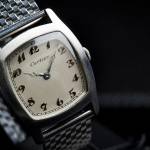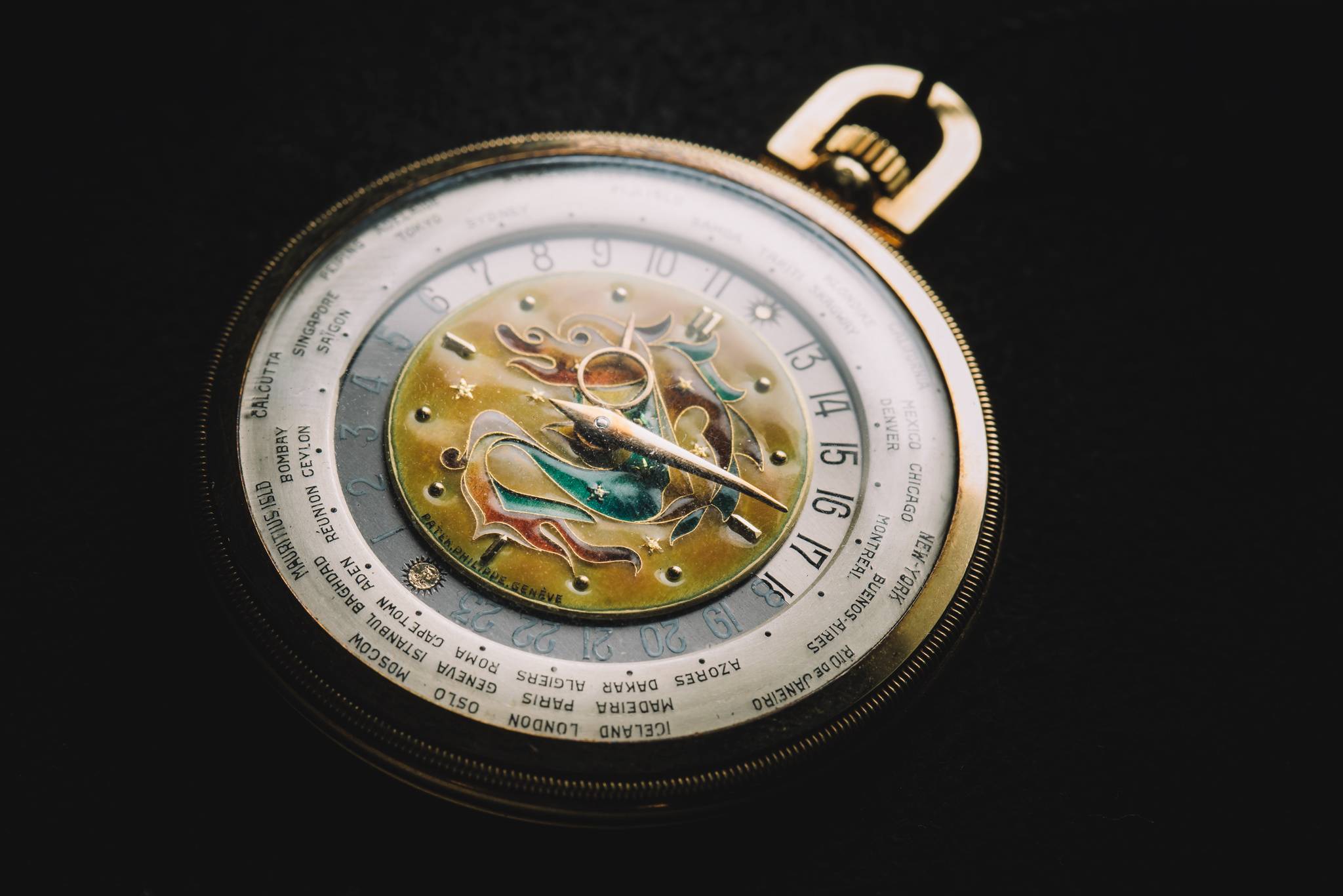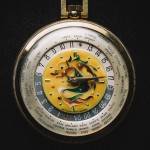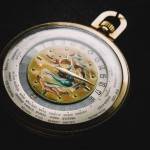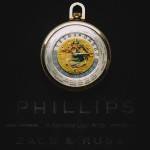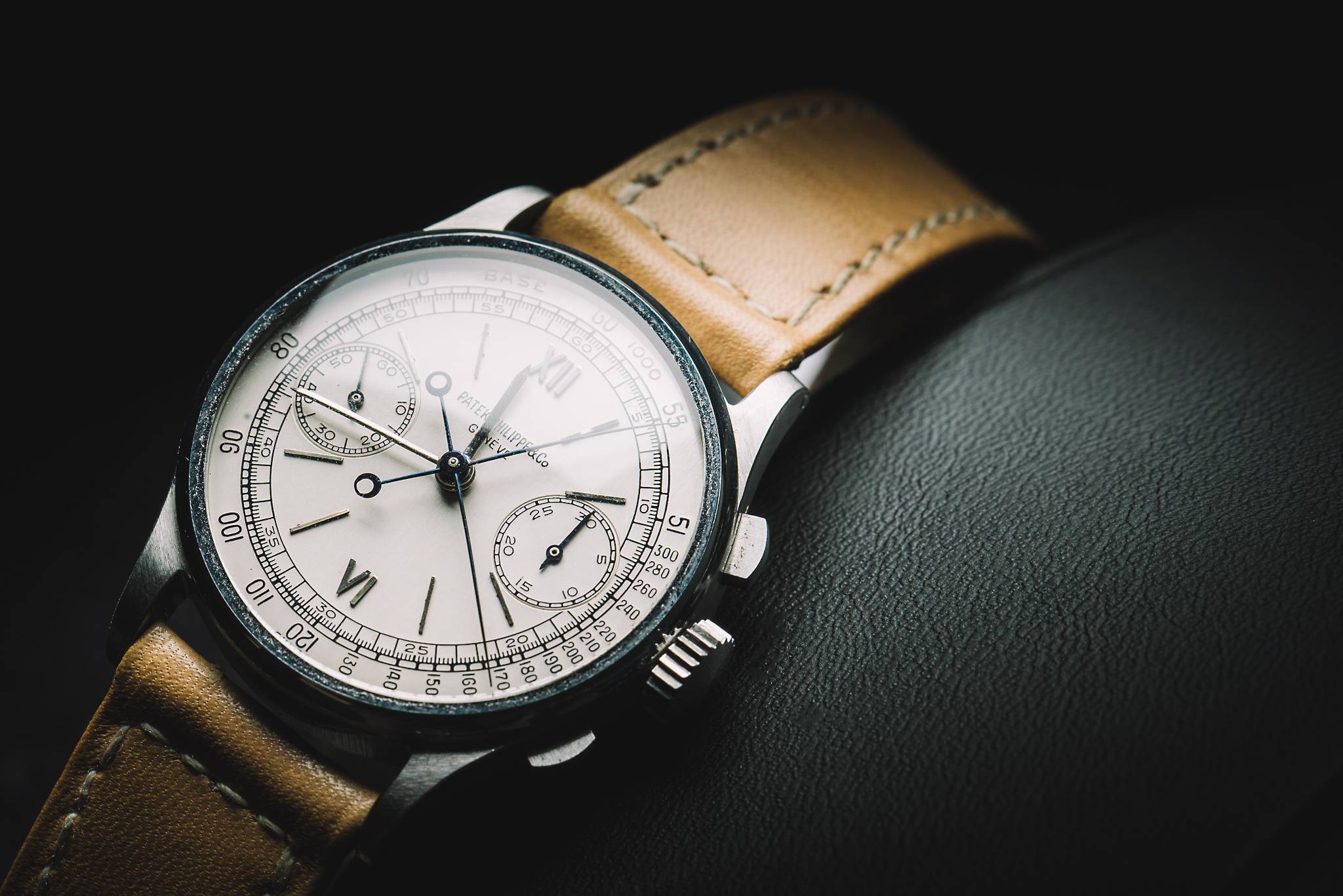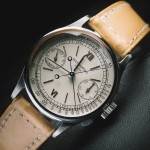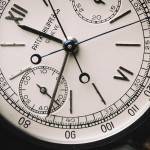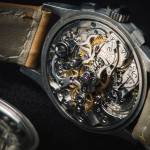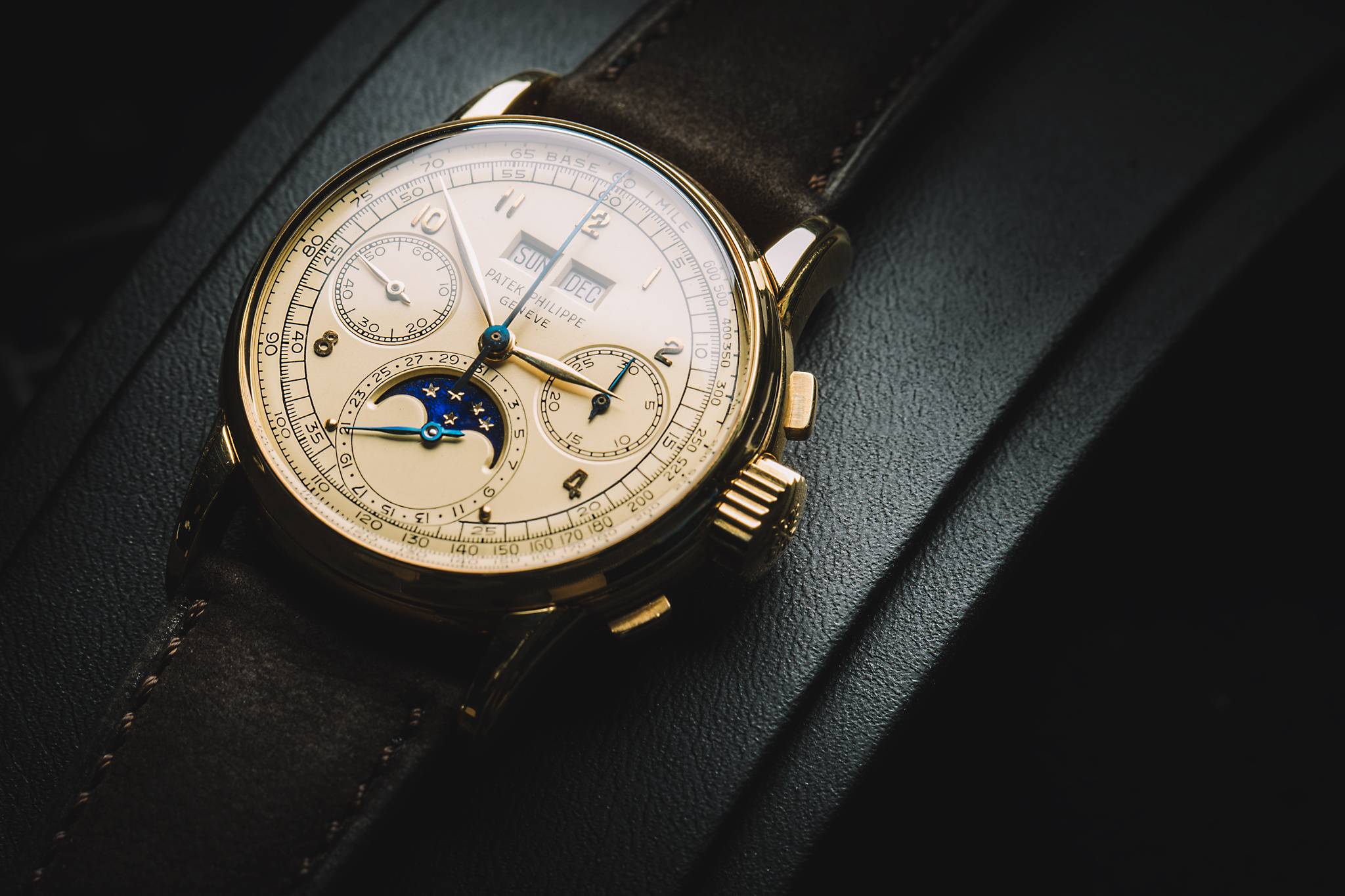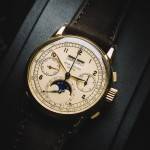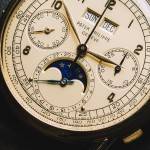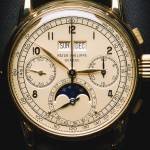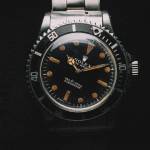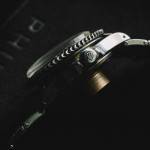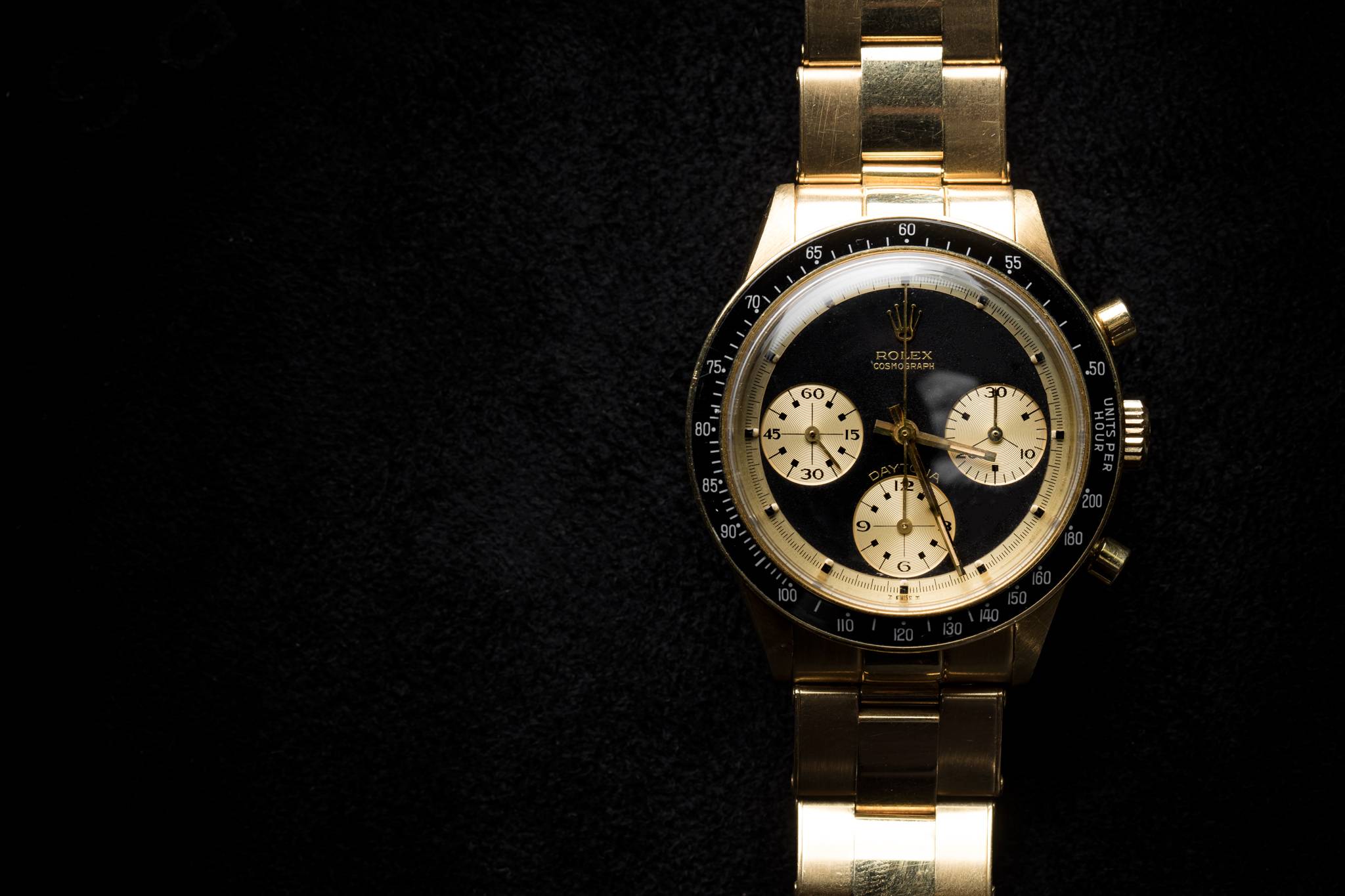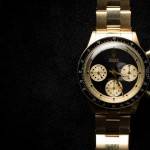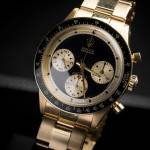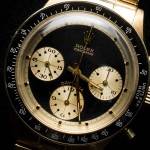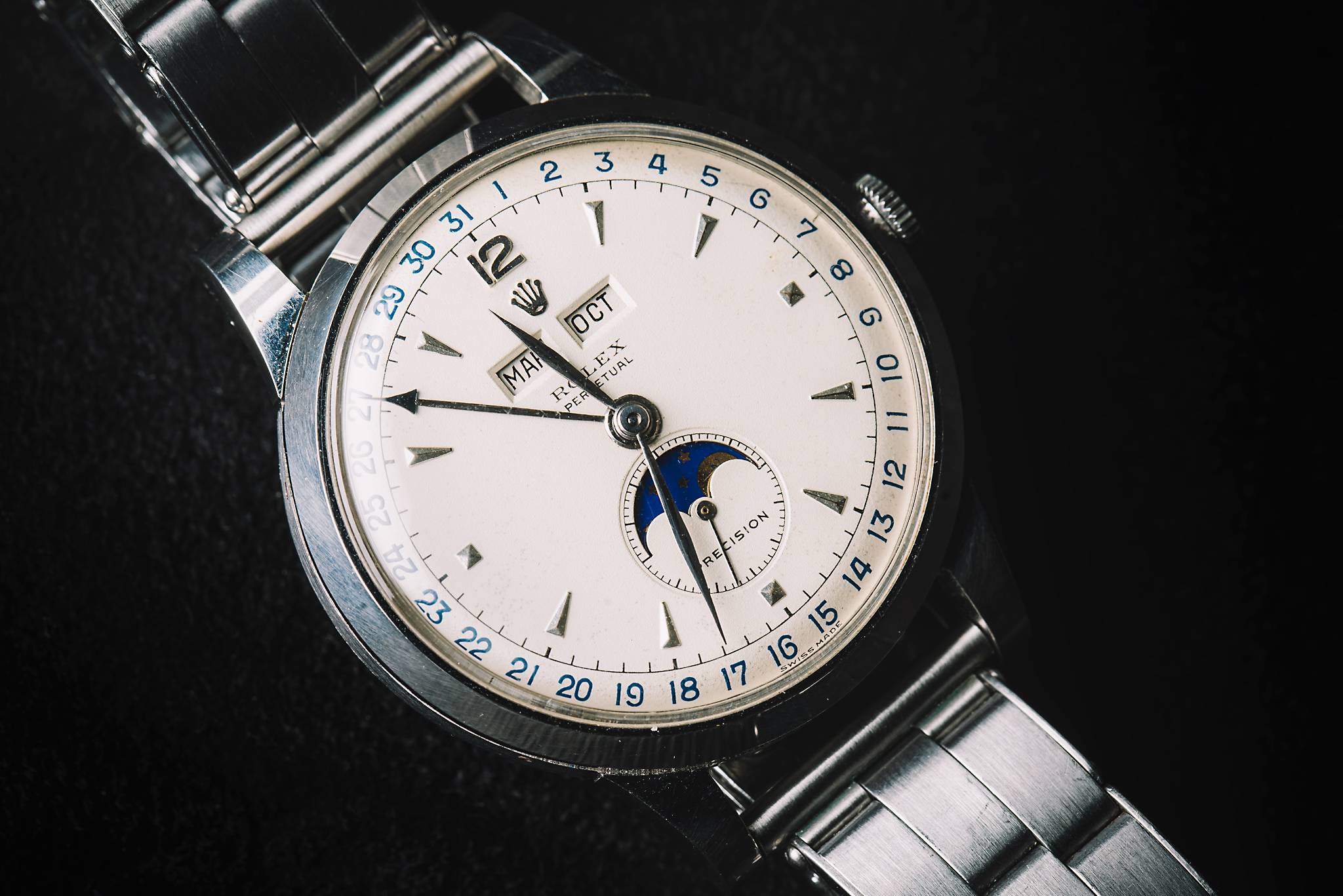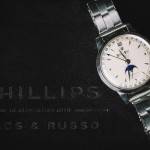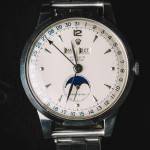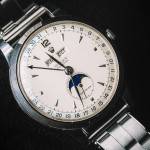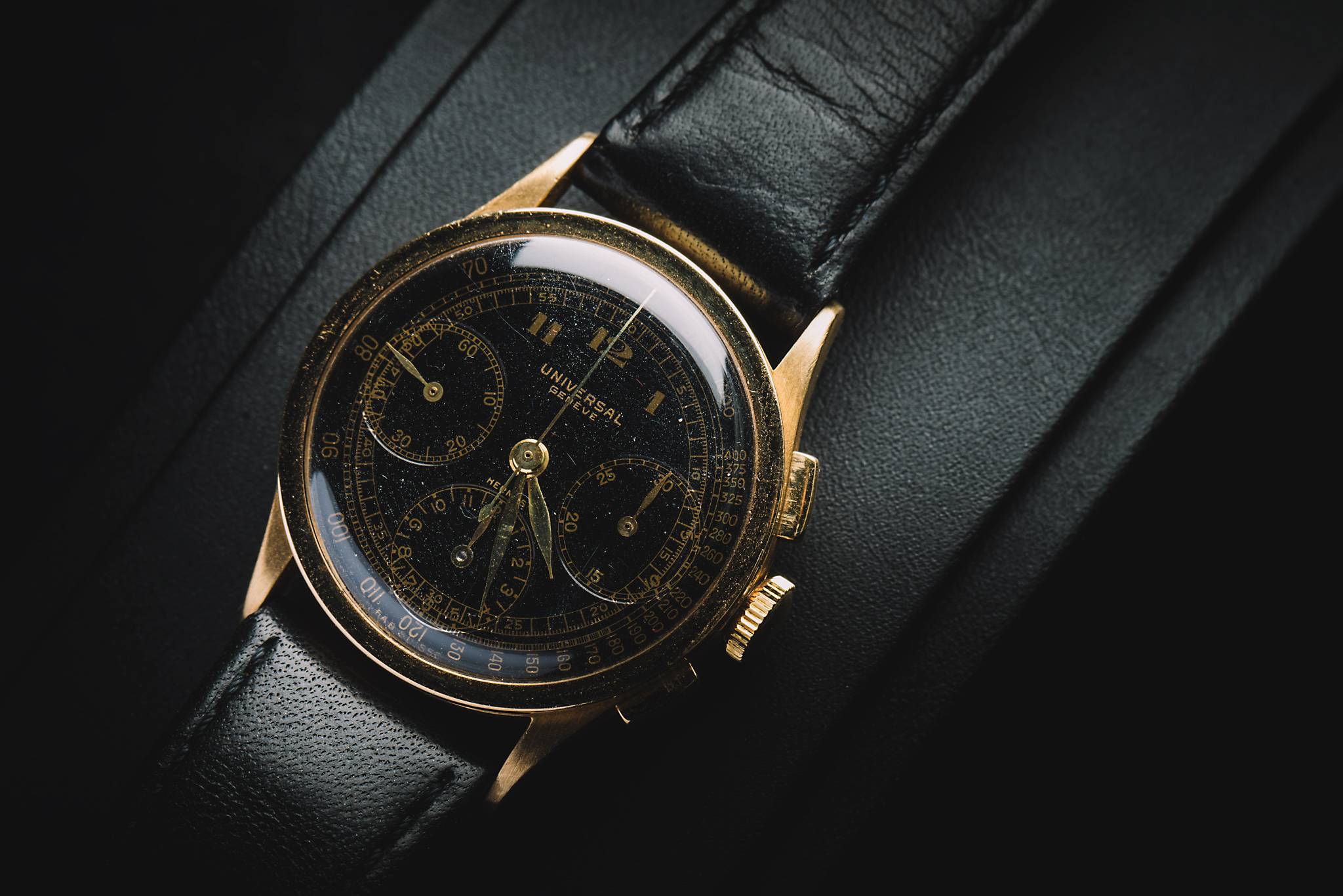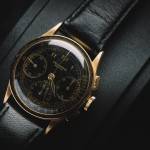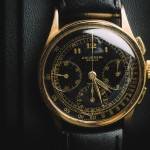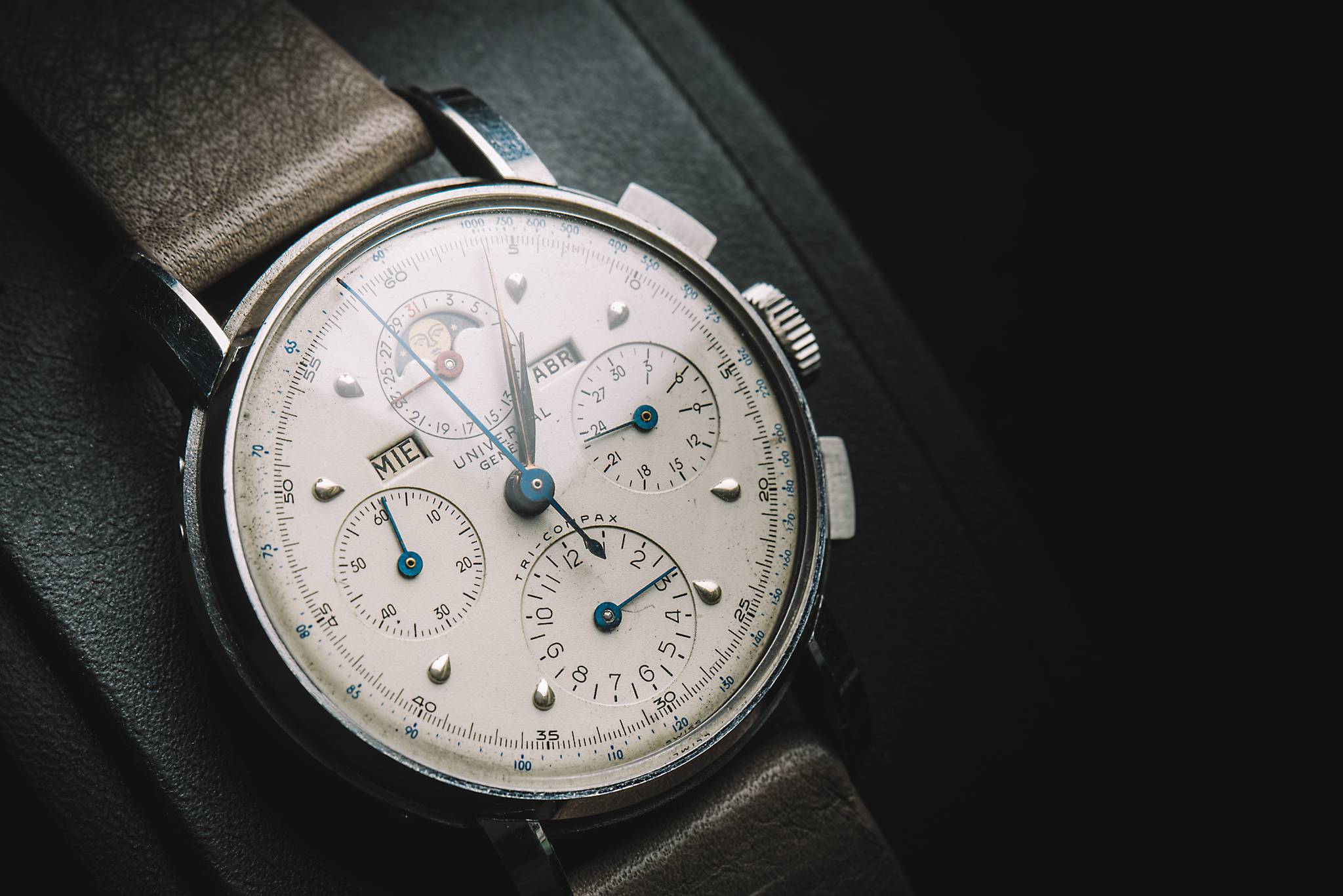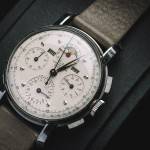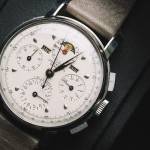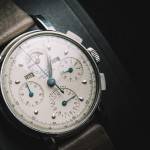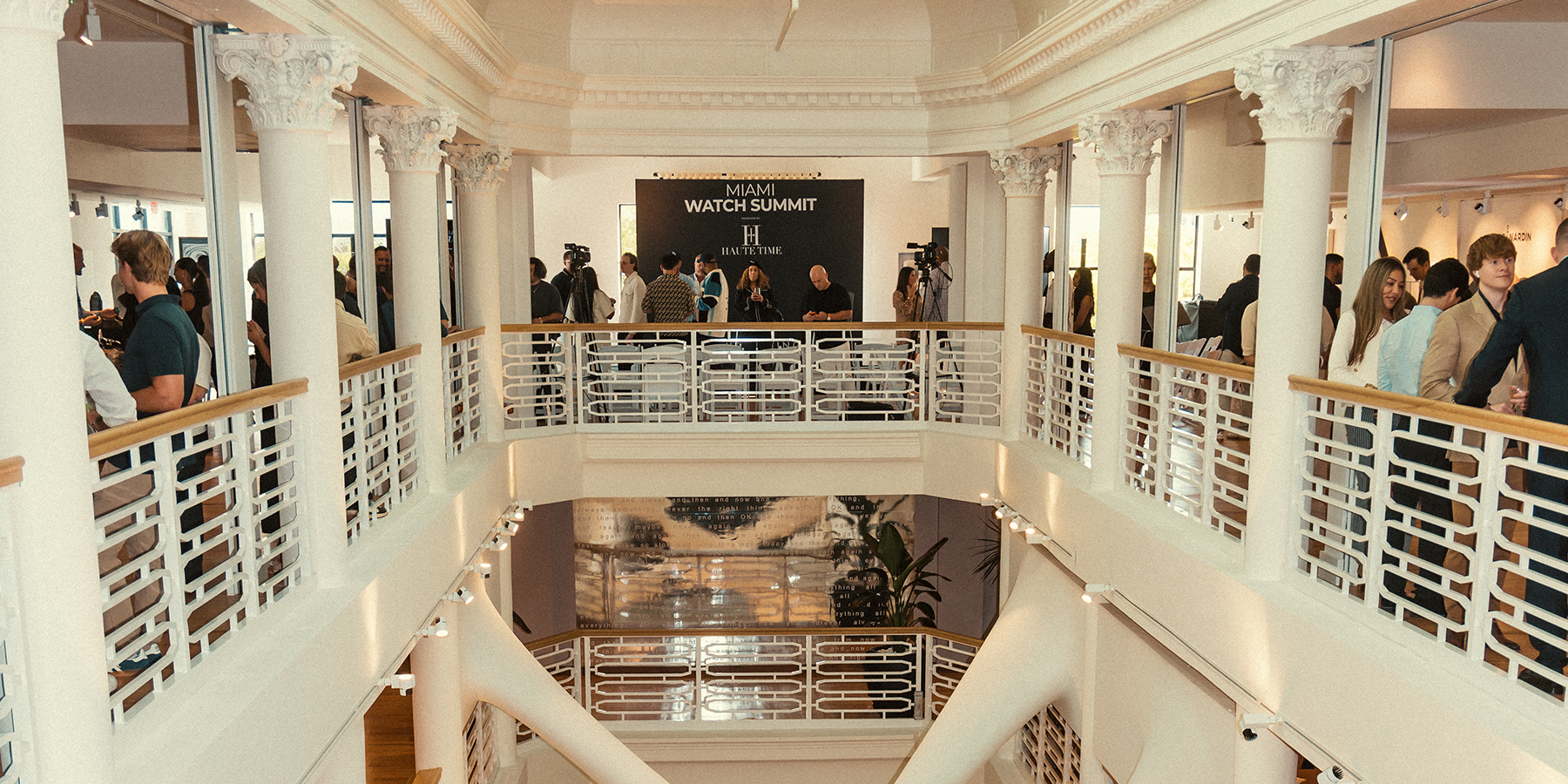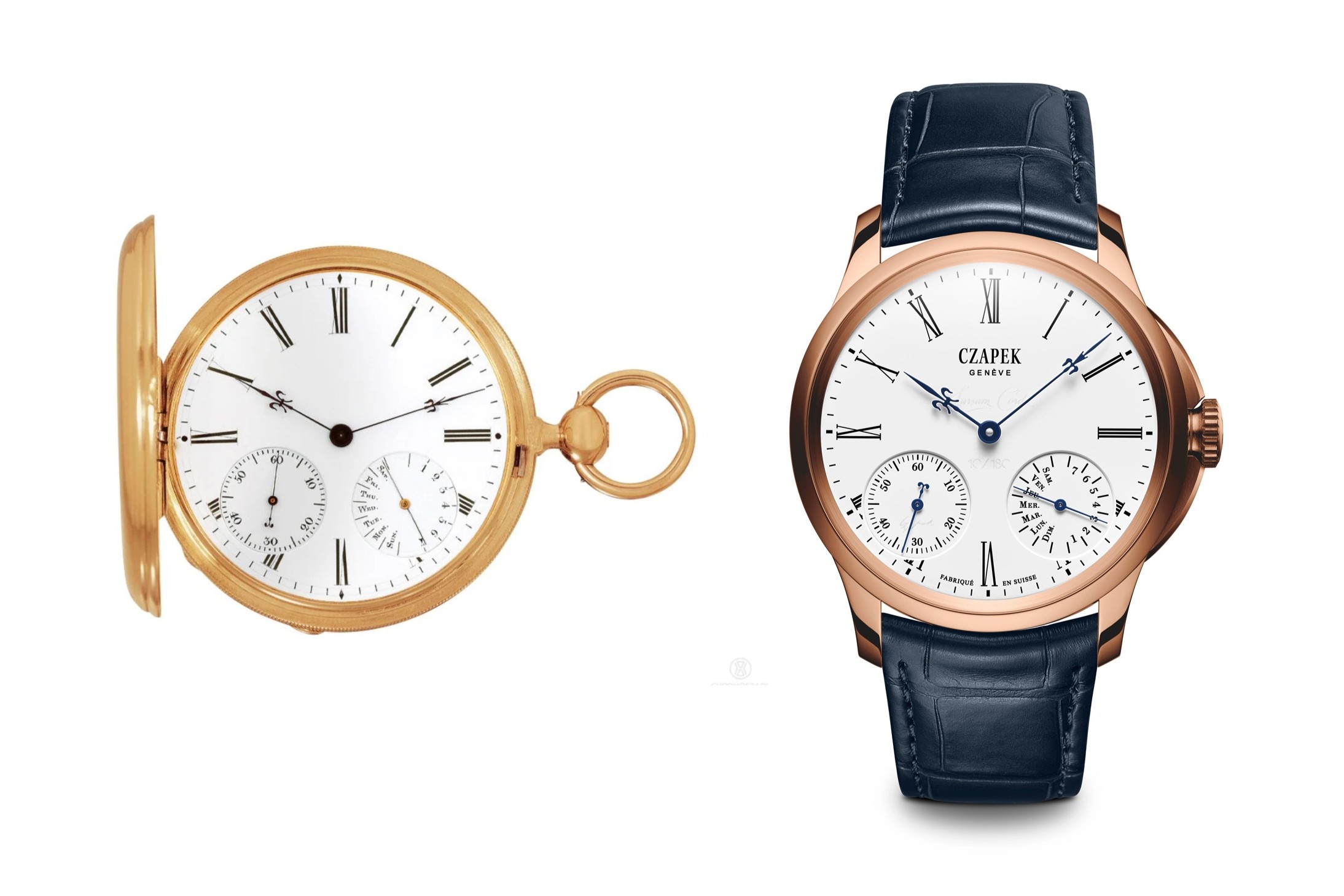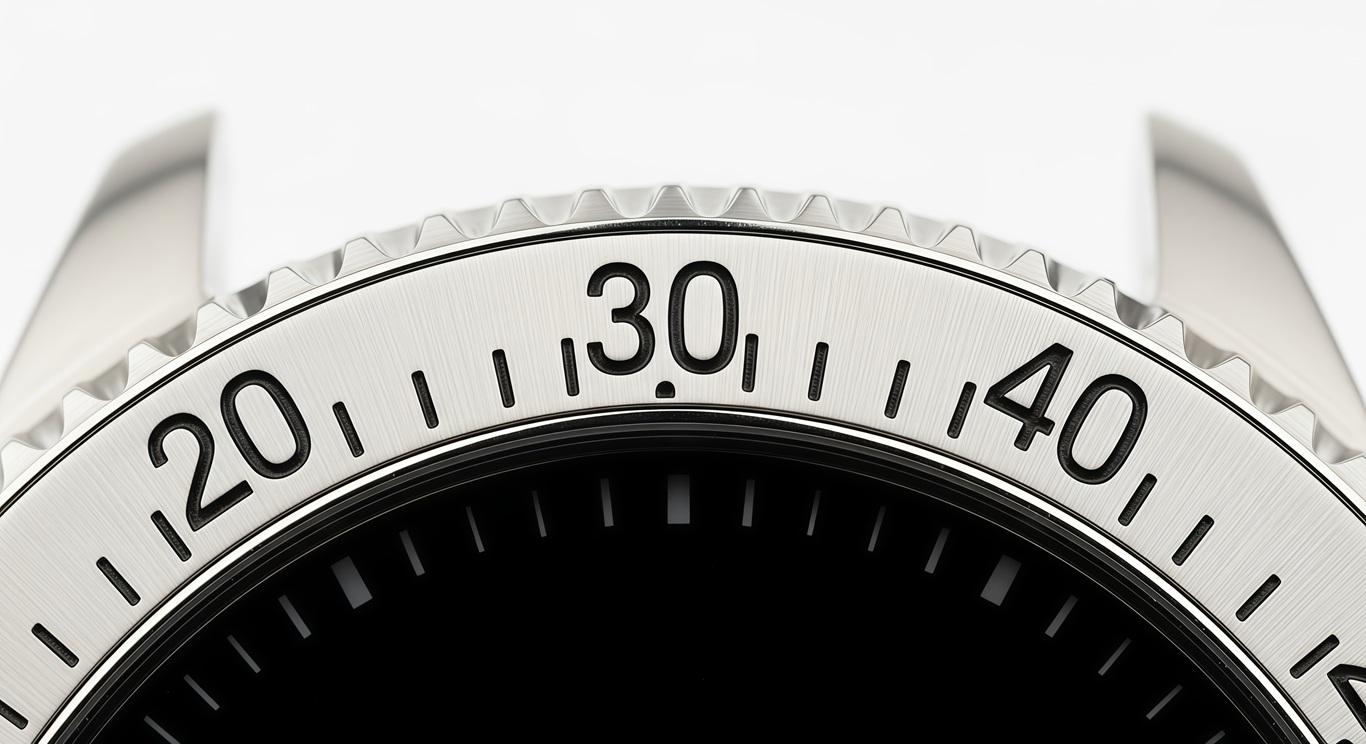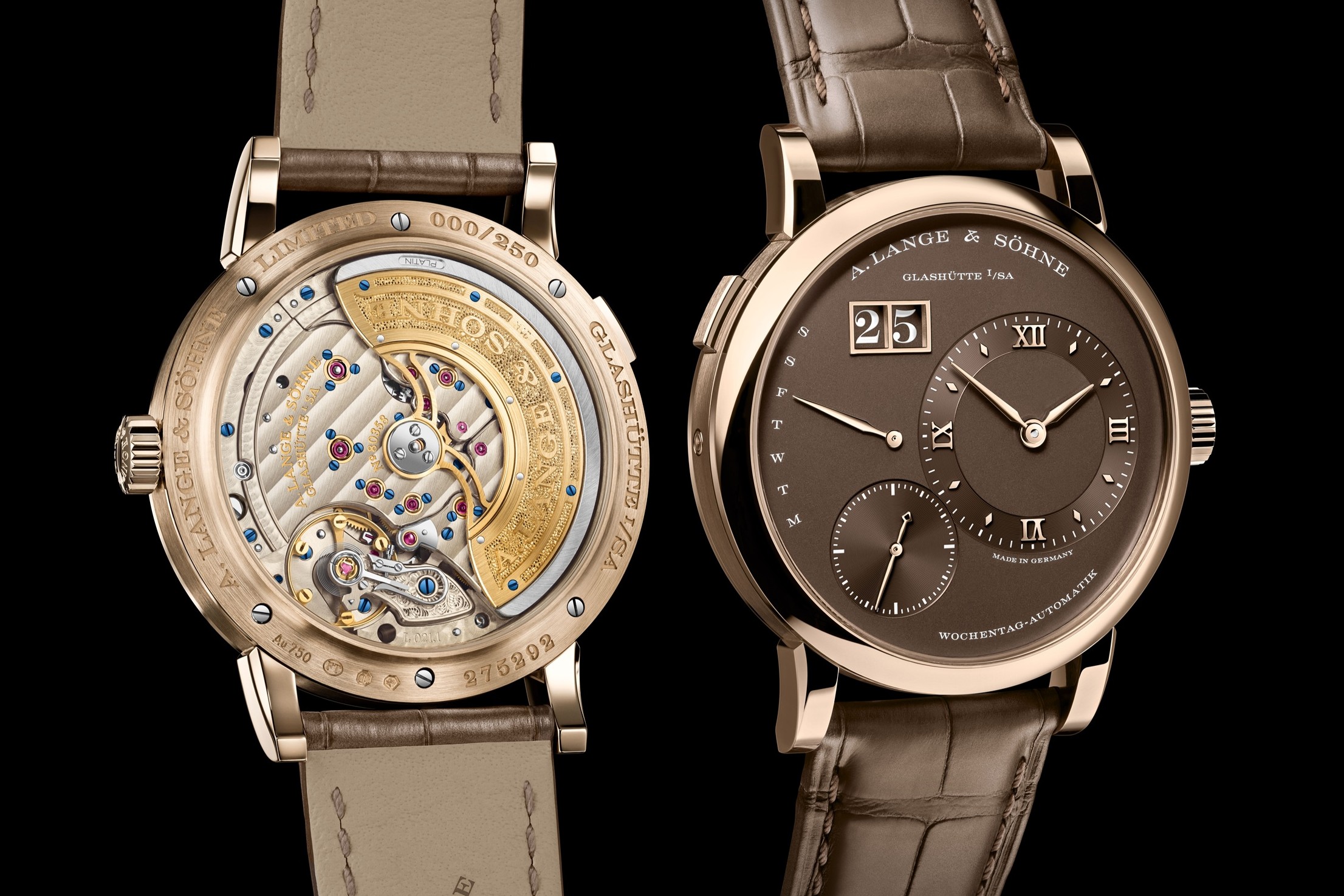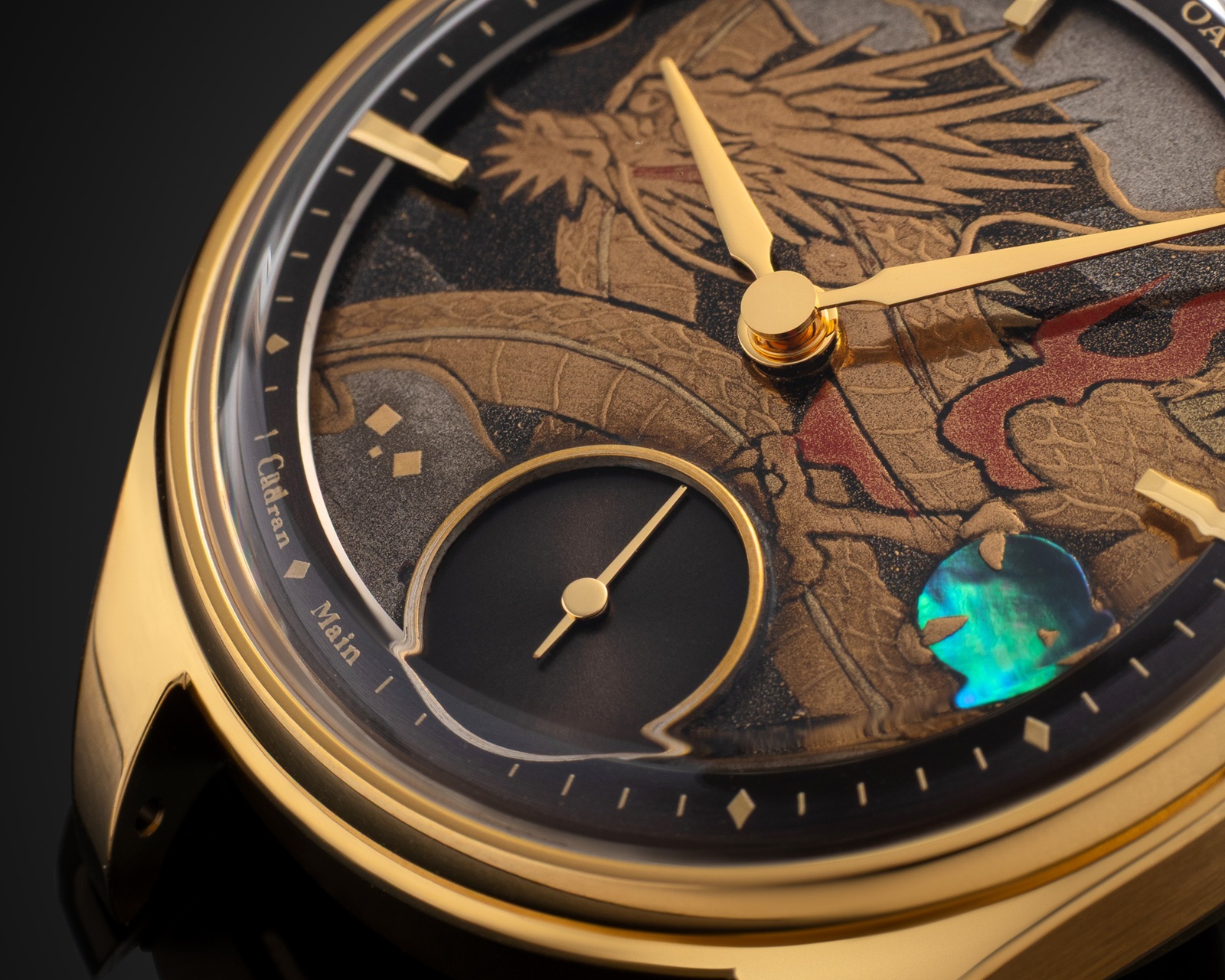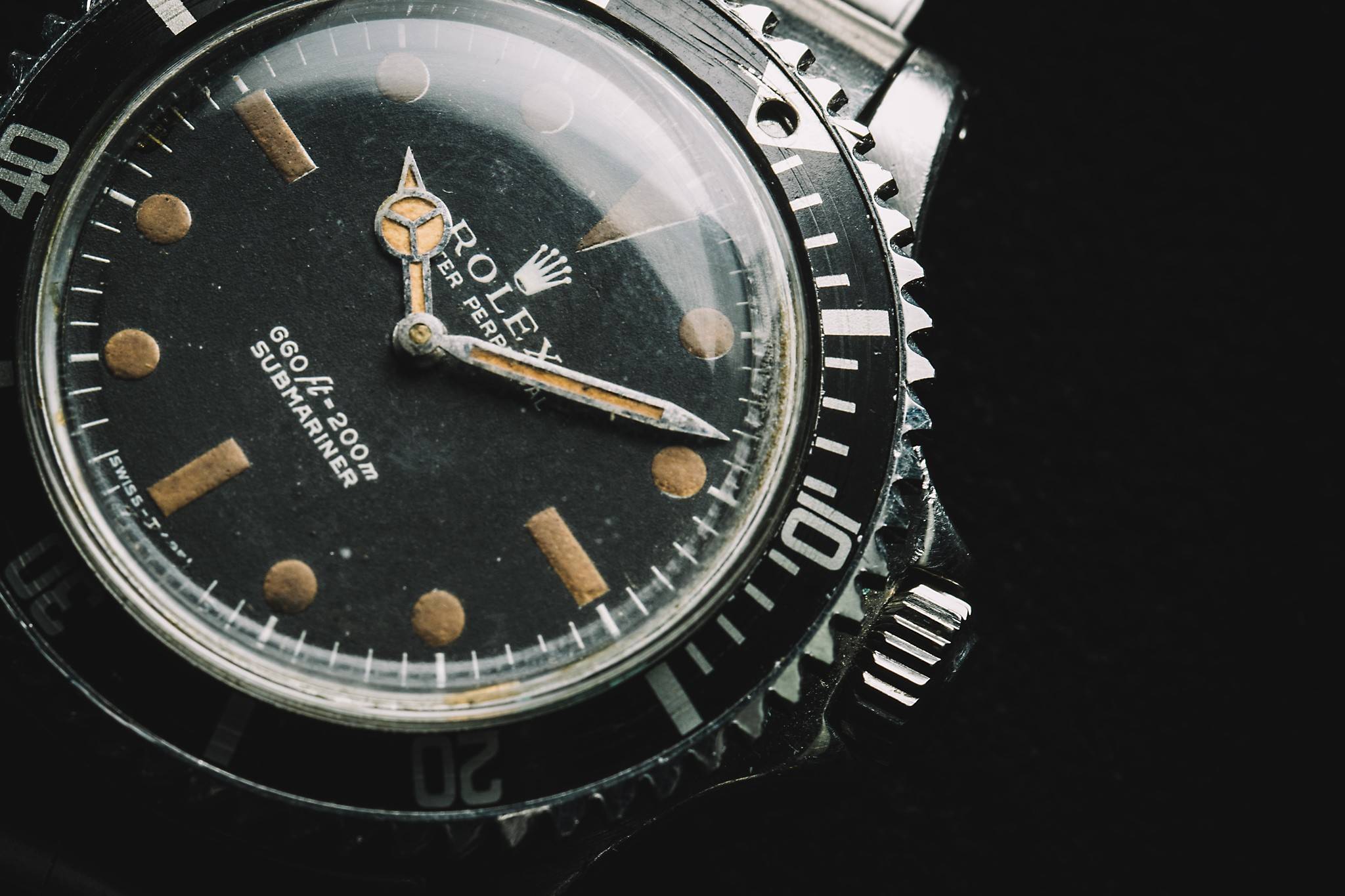
Nine Exceptional Lots From The Phillips Geneva Auction, Including Bond’s Rolex In “Live And Let Die”
Audemars Piguet “Tortue”, Platinum, 1929
An extremely rare and important platinum cushion-shaped minute repeating wristwatch with Breguet numerals and bracelet, retailed by Cartier, 1929.
Audemars Piguet produced approximately thirty-five minute repeating watches from 1906 until the early 1920’s with the majority cased as wristwatches. The present watch was originally purchased by Henry Haven Windsor, Jr., the son of the founder of Popular Mechanics magazine and an avid watch collector. After his father’s death, when Windsor was 26 he became editor and publisher of the magazine, which had originally been founded in 1902.
Estimate: CHF300,000 – 600,000
Patek Philippe ‘The Star Dragon’, Reference 605 HU, Yellow Gold, 1944
A highly important and most probably unique yellow gold open face world time watch with cloisonné enamel dial depicting a mythical Dragon.
Housed in an 18k yellow gold 45 mm case, the “Star Dragon” is only the second known reference 605U to depict a mythical scene, unlike all other world time cloisonné dials, which depict geographical representations of the continents. The only other known, comparable reference 605 HU resides in the Patek Philippe Museum, depicting the Roman god of the sea, Neptune, riding a sea-horse. Indicated on the revolving inner bezel are the names of 42 cities in raised, hard enamel print.
Estimate – CHF500,000 – 1,000,000
Patek Philippe ‘Steel Split-Seconds’, Reference 1436, Stainless Steel, 1945
An extremely rare and highly important stainless steel split-seconds chronograph wristwatch with silvered dial, raised steel hour markers and tachometer scale.
One of the finest references ever made by Patek Philippe, Reference 1436 is one of only two vintage split second chronograph references made by the distinguished firm, and is normally cased in yellow gold with only a very small number completed in pink gold. According to scholarship, a small quantity of stainless steel cases was made during the first half of the 1940s, but less than a handful were actually ever used and fitted with movements. The present watch is now offered only for the second time ever since its original sale in 1949, having only seen three ownerships since its original purchase over half a century ago.
Estimate: CHF1,500,000 – 3,000,000
Patek Philippe 2499, 18k yellow gold, 1952
An extremely rare and highly important yellow gold perpetual calendar chronograph wristwatch with moon phases and champagne-colored dial.
Patek Philippe’s mythical reference 2499 was introduced in 1951, a decade after the firm launched reference 1518, the world’s first perpetual calendar chronograph wristwatch made in series. Although the newly introduced reference 2499 was an incredible evolution for the firm’s top-of-the-line model, it also kept various very important technical and aesthetical elements of its predecessor, notably the movement, the square pushers and most of the dial design.
Estimate: CHF800,000 – 1,400,000
Rolex ‘James Bond’ Submariner from ‘Live and Let Die’, Reference 5513, Stainless Steel, 1972
A unique and historically significant stainless steel wristwatch-prop with bracelet, specially adapted for James Bond’s “Live and Let Die”, caseback signed “Roger Moore 007”, 1972.
The most recognizable watch in history with 1 billion people having watched the film “≈”, the wristwatch worn on the wrist of Sir Roger Moore as James Bond is in fact a Rolex Submariner reference 5513 made in 1972, and was later modified for the movie. The present Rolex reference 5513 “Q” is the most unforgettable watch prop used in a movie and is even signed inside the caseback “Roger Moore 007”. As a highlight in the most iconic scenes of “Live and Let Die”, this watch is sure to interest both watch collectors and true fans of cinematography alike.
Estimate: CHF150,000 – 250,000
Rolex ‘The Hermès Paul Newman’, Reference 6241, Yellow Gold, 1968
A highly attractive and probably unique yellow gold chronograph wristwatch with bracelet, retailed by Hermès, 1968.
As Hermès is a leading retailer, it only made sense for them to work with Rolex, a market leader in the watchmaking industry. This highly sought after Rolex Cosmograph Daytona reference 6241 features an acrylic bezel with printed tachometer and round “pump” pushers. Greatly adding to the collectability of this piece is the highly attractive “Paul Newman” black dial with gold registers and gilt writing. The combination of a black dial, with gold subsidiary dials and gold outer minute track is especially desirable, having received the catchy, “John Player Special” nickname in the collector community.
Estimate: CHF300,000 – 600,000
Rolex “Padellone”, 8171, Stainless steel, 1950
A very rare and highly attractive stainless steel triple calendar wristwatch with moonphases and bracelet, 1950.
Reference 8171, also known as “Padellone” (Italian for large frying pan) amongst Rolex collectors, is without exaggeration one of the most legendary, best proportioned and consequently sought after vintage wristwatches ever made by any manufacturer. If one were to ask the worldwide community of watch collectors which model, in their view, should be on the all-time top-ten list then, quite certainly, Rolex’s large triple calendar reference 8171 would quite easily make it into a top position.
Estimate: CHF350,000 – 700,000
Universal Genève 5922, 18k yellow gold, retailed by Hermès ,1937
An extremely rare and elegant yellow gold chronograph wristwatch with black dial, retailed by Hermès, 1937.
Manufactured between 1936 and 1938, this large chronograph with three oversized registers was encased in yellow gold, further adding to its rarity. It features a stunning, glossy black dial with gold italicized Arabic numerals, a tachometer scale along the outer chapter ring, and beautiful, gold feuille hands. The dial is stamped Universal Genève at 12 o’clock, and signed Hermès at 6 o’clock, above the 12-hour register.
Estimate CHF10,000 – 15,000
Universal Tri-Compax, 22541, Stainless steel, 1945
A highly attractive and rare stainless steel triple calendar chronograph wristwatch with moon phases and elongated lugs, 1945.
The “Compax” was introduced in 1935, the world’s first chronograph wristwatch with hour and minute registers, and which was particularly appreciated by members of the armed forces. The models were available in different case materials and forms, and a variety of dial layouts using the names ‘Tri-Compax, Uni-Compax, and Aero-Compax’. This wonderful example of a Tri-Compax shows Universal collectors and scholars alike, how a steel Compax case would have left the factory.
Estimate CHF15,000 – 25,000
For more information, please visit the official Phillips website. Follow Haute Time on Instagram to catch all of the new releases as they happen.
 SIGN UP
SIGN UP

